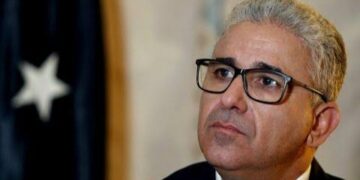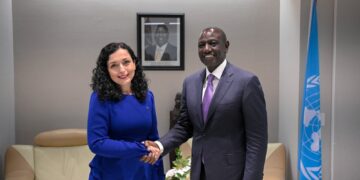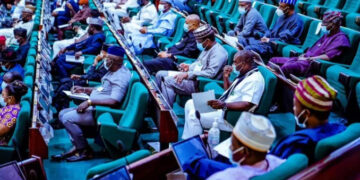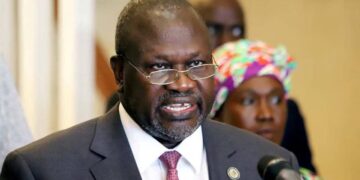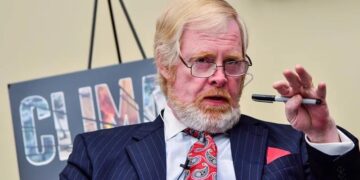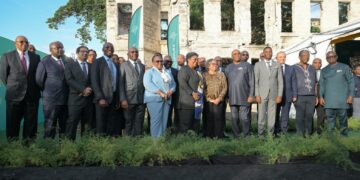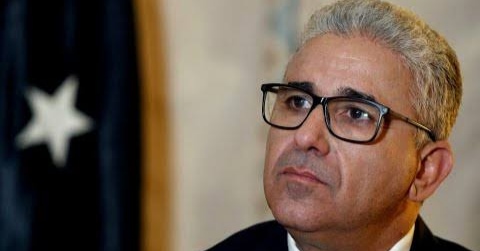Libya’s eastern-based parliament has taken action against Fathi Bashagha, the head of an administration challenging the authority of the country’s western-based and UN-recognised prime minister.
The parliament, supported by military strongman Khalifa Haftar, announced the suspension of Bashagha and the initiation of an investigation into his conduct.
This move comes after months of political tensions and power struggles within Libya’s divided regions.
Fathi Bashagha was initially chosen by the eastern-based parliament last year to lead a government that aimed to replace the sitting Prime Minister Abdulhamid Dbeibah, who operates from Tripoli.
Bashagha had expressed his intentions to take office in Tripoli, but his attempts to seize control by force were reportedly unsuccessful, resulting in clashes and casualties.
Following a closed-door meeting in Benghazi, the House of Representatives unanimously voted for Bashagha’s suspension and the launch of an investigation.
During this period, the administration’s finance minister, Oussama Hamad, will assume the role of acting prime minister.
The specific reasons behind Bashagha’s suspension have not been disclosed yet.
After his unsuccessful attempts to overthrow Dbeibah, Bashagha has been based in the city of Sirte, situated in central Libya.
Despite his origins in western Libya, he formed alliances with eastern-based figures, such as Haftar and parliamentary speaker Aguila Saleh, in the pursuit of national reconciliation.
Libya has endured a decade of turmoil since the overthrow of former dictator Moamer Kadhafi in 2011, leading to a prolonged period of violence and foreign intervention.
Abdulhamid Dbeibah’s appointment as prime minister was part of a UN-backed peace process aiming to resolve the ongoing conflicts and establish stability.
However, challenges have persisted, with disagreements over the legitimacy of Dbeibah’s mandate and the postponement of crucial elections.
Efforts to address Libya’s political crisis and pave the way for elections gained momentum recently through consultations involving political, security, and other influential figures.
Abdoulaye Bathily, the head of the United Nations Support Mission in Libya (UNSMIL), expressed optimism about the “historic opportunity” to tackle the country’s challenges and promote support for upcoming elections.
